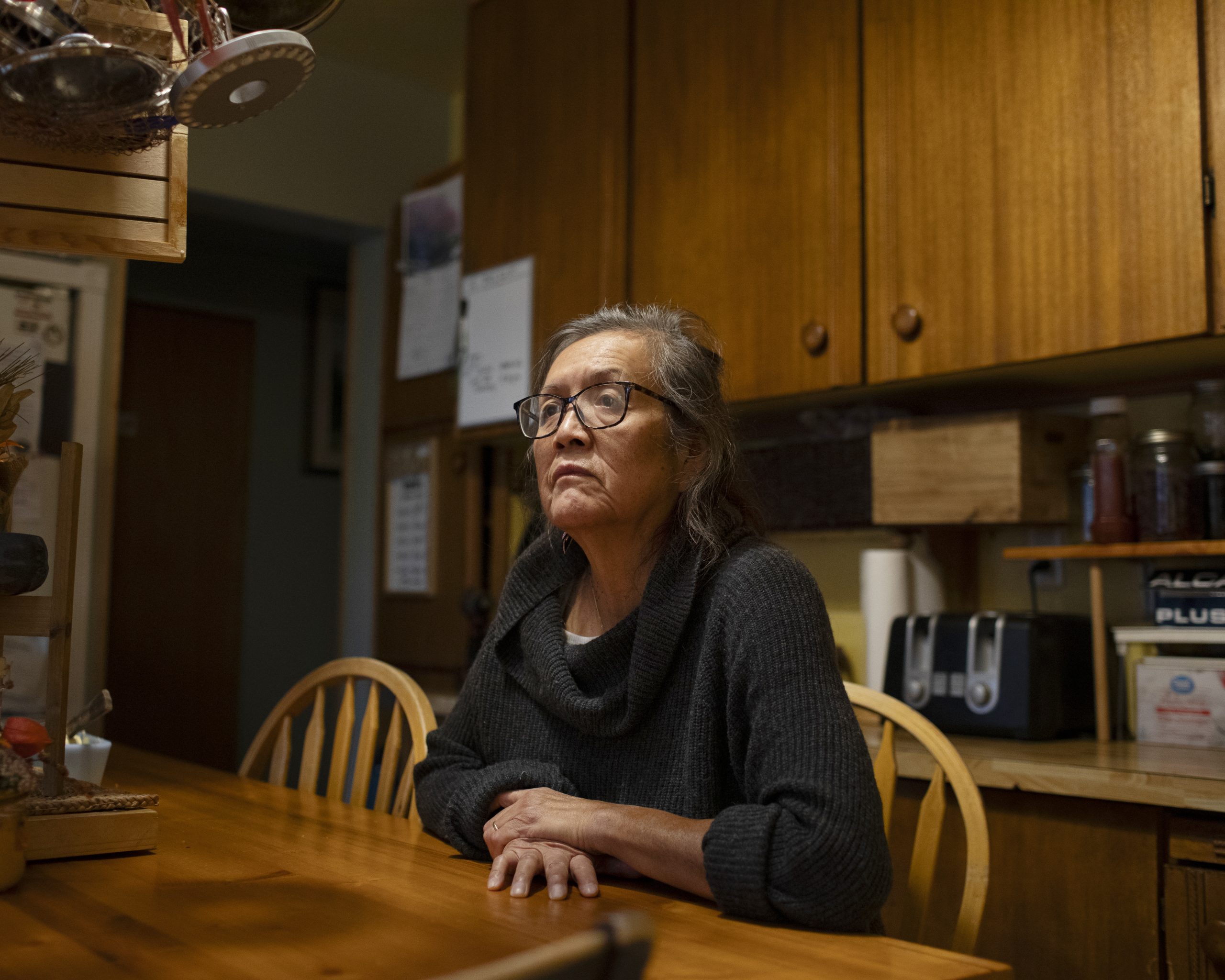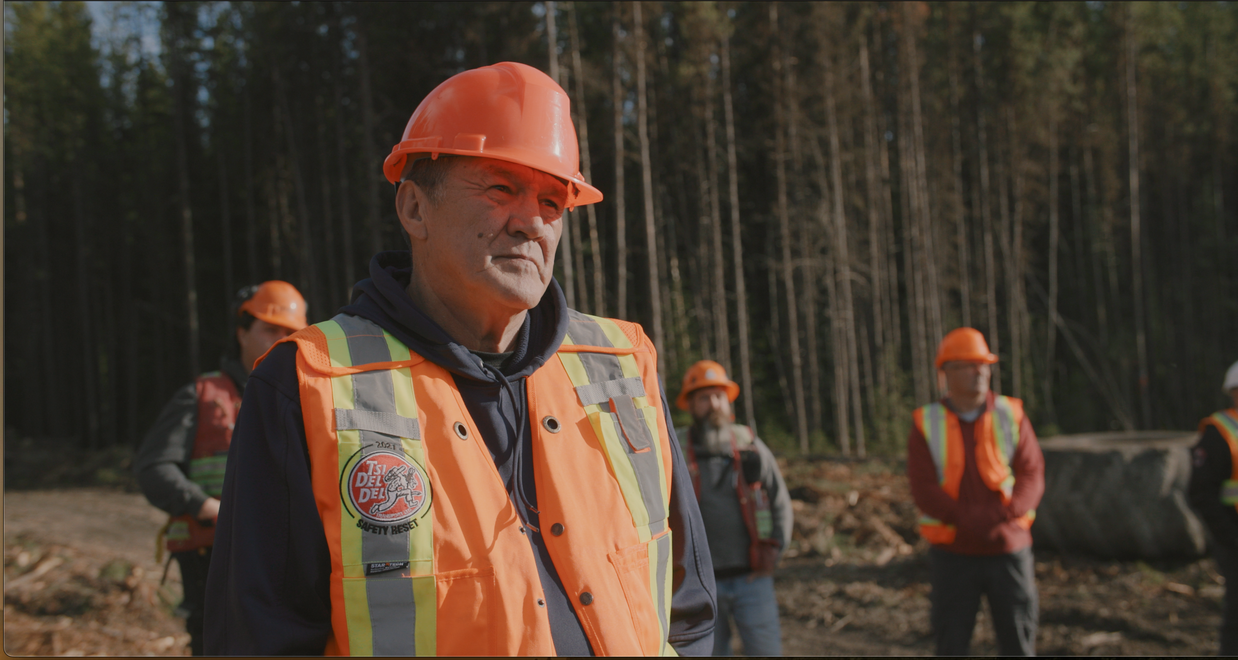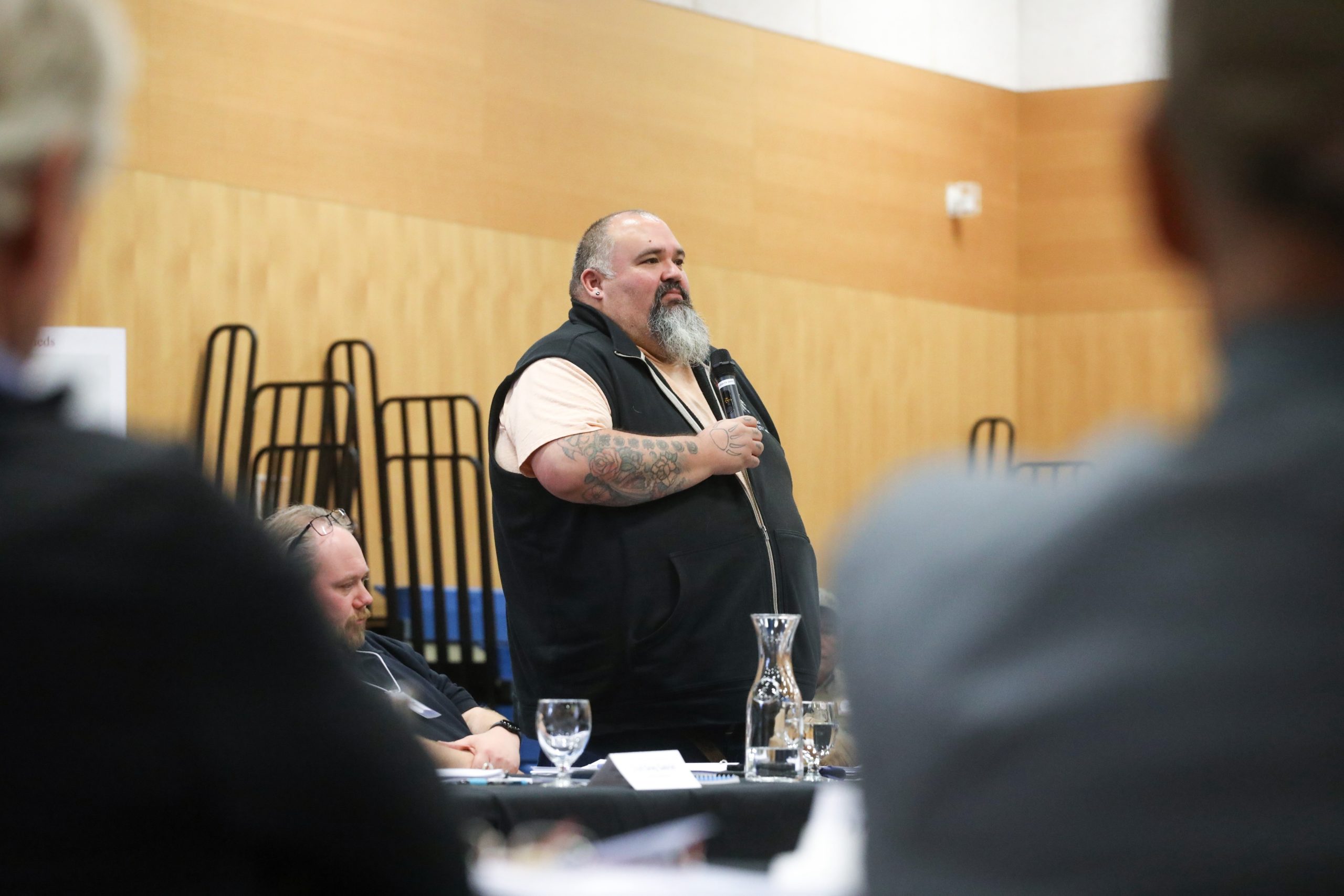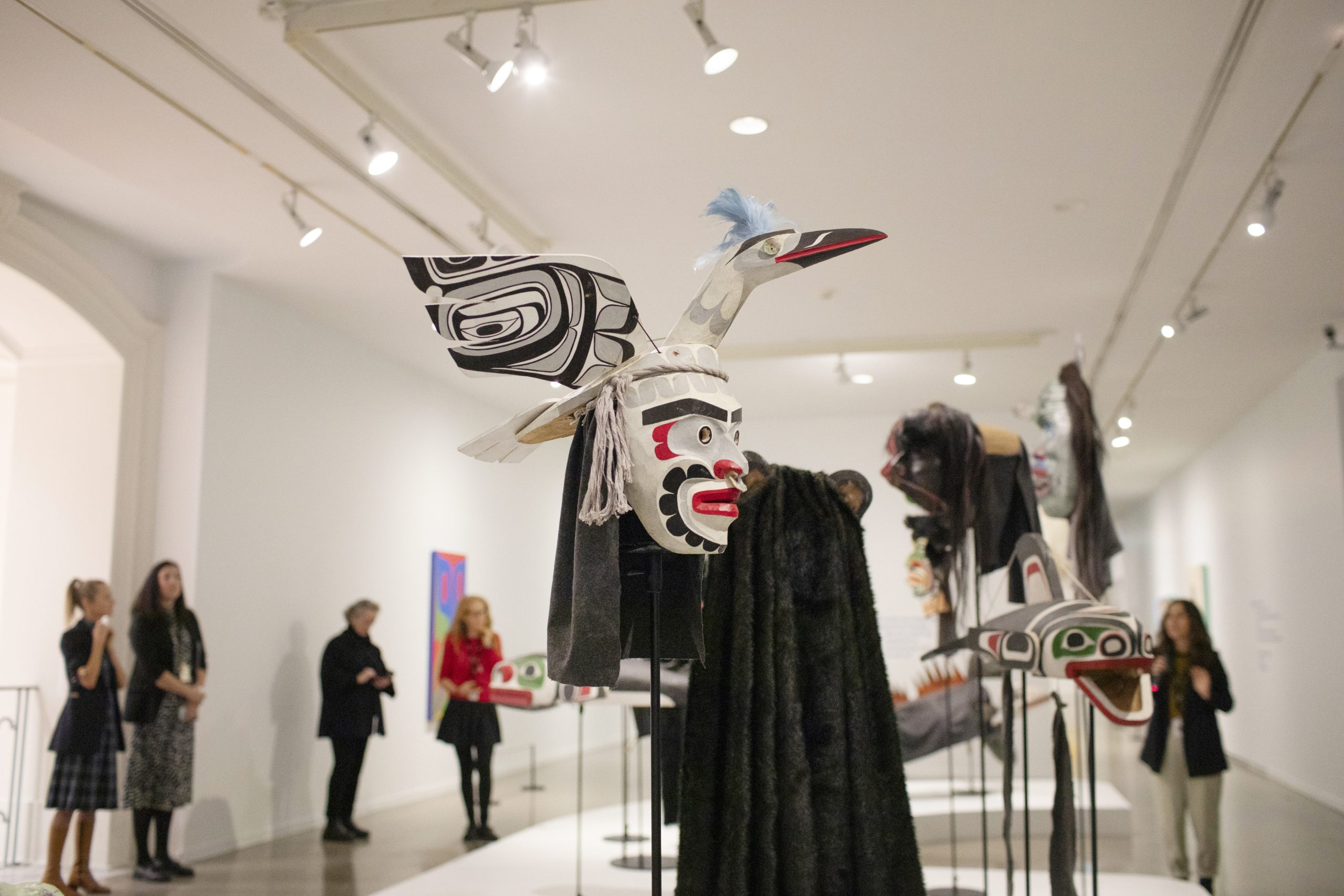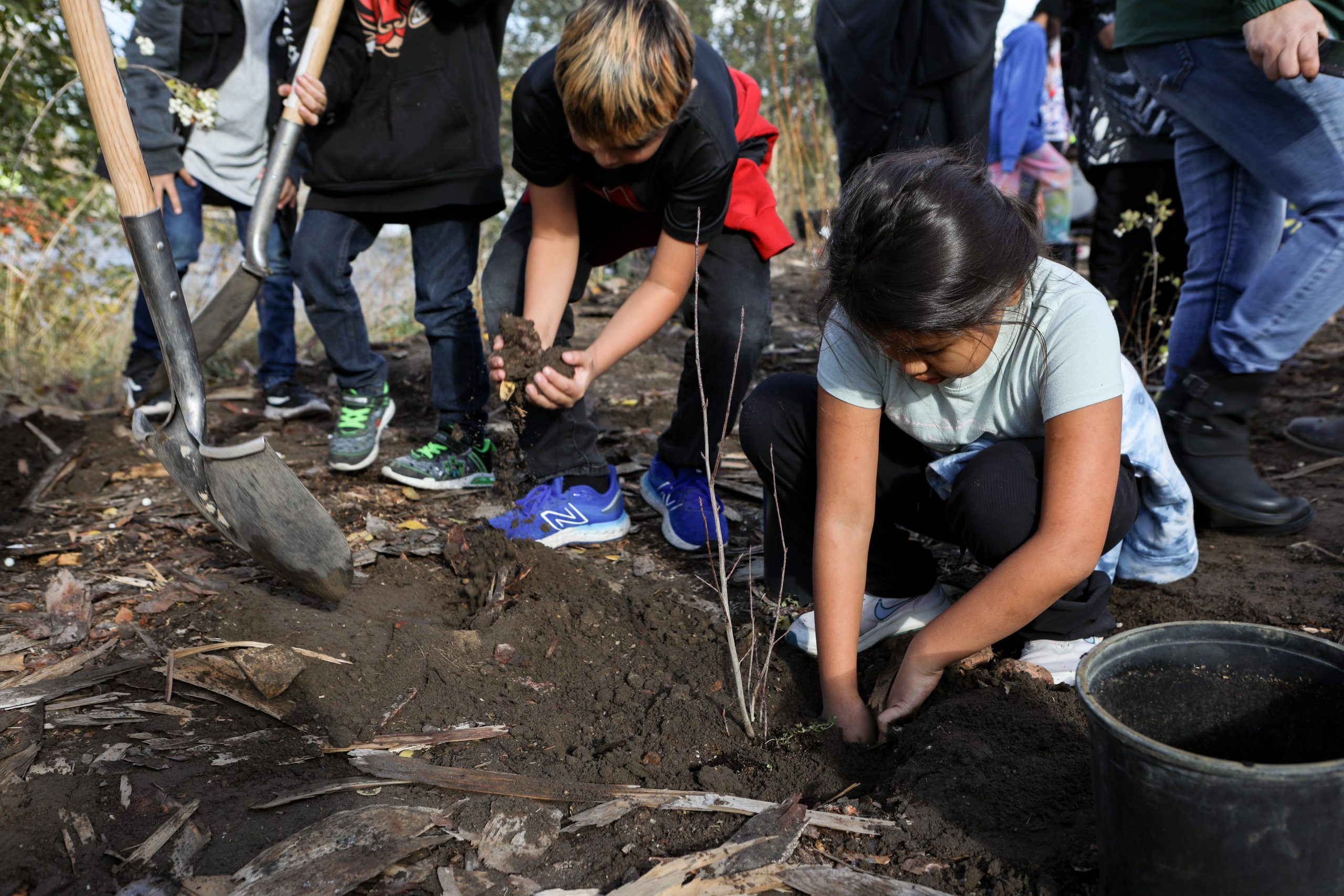IndigiNews sets storytelling intentions for 2022
We ask you to join us while we unload our canoe with our Storytellers

For our cuzzins celebrating the Lunar New Year, we send our best wishes to you! At IndigiNews there has been change in the air as we’ve recently welcomed several new team members to help paddle our canoe. As we grow and strengthen our storytelling team, we have been in talks about how we can best work together in the year ahead.
As the Lunar New Year begins, we want to take this opportunity to express to our readers what our storytelling intentions are for 2022, both individually and as a collective. We are passionate about decolonizing the media, which means looking at our own protocols and practices and removing any that feel like they don’t align or uphold our Indigenous ways of knowing and being. It also means creating strong boundaries around which types of stories we are willing to tell, for the sake of protecting our spirits, and the spirits of our cuzzins (readers).
We know we can tell the truth while also staying soft.
We are removing aggressive verbiage from our protocols. We no longer believe in the colonial mindset of ‘working hard,’ or doing things ‘rigorously.’ We aim to treat ourselves softly this year, especially as communities across Indigenous homelands continue to uncover the unmarked graves of our children. We aim to treat you softly too, dear cuzzin, as we know the news can be full of violence and pain, and anxieties are running high.
Since its inception, IndigiNews has challenged the very concept of what “news” is. Our team is made up of both storytellers who don’t have a background in traditional journalism and those who do. We intentionally didn’t import newsroom culture into our storytelling lodge, and by doing so we have created something special. As paradoxical as it sounds, we’ve created something new that is also inherently old, since it is rooted in our traditions.
The very institutions that make up “Canada” – the schools, governments, prisons and more – were superimposed onto our Peoples and onto a land that was already governed by traditional laws. These laws were dismissed by the newcomers from Europe, but they never disappeared, even when legislated to do so by colonial governments. Our ways of knowing were forced underground, but continued to be passed on. So if “news” is defined as information that you’ve never heard before, then our perspective as Indigenous Peoples most definitely qualifies. Most of “Canada” has not yet heard us.
IndigiNews tells these stories — stories of the land and the People that belong to her.
The myth of objectivity
We’d like to address a common misconception in traditional news media. The one that says a storyteller should be “objective.”
The idea of objectivity isn’t present in the 10 “Elements of Journalism” that so many legacy media look to and learn from. Objectivity in media was introduced when advertising funding models were adopted by media publishers in the 1930s. Journalist and author of The View from Somewhere: Undoing the Myth of Journalistic Objectivity, Lewis Raven Wallace elaborates on this history and writes, “In order to appeal to more people, they began to present themselves as more neutral.”
For decades, this meant that only white, cis, heterosexual-presenting men were to be trusted to tell the “news.” For most of the twentieth century, women were rare in the industry, and women of colour were almost completely absent. As Indigenous people, we were not given space on the page. Our voices were not heard nightly on television broadcasts. We were (and still are) told that since we are Indigenous, our storytelling will be biased.
As though other storytelling is not.
Allow us to suggest that “news” is inherently manipulative.
As storytellers, we write about the world and the things that happen in it, and we’re supposed to do this pretending as though we have no opinions about what we write. It’s considered unprofessional to use “reporting” to give one’s opinion, so often journalists who have their own biases or wish to transmit a certain opinion find people who have those same opinions and quote them. Certain outlets are openly conservative or liberal — it’s obvious by the voices they do and don’t amplify, and by who they endorse during elections.
At IndigiNews, we want to share with you the wisdom of our grandmothers, and the successes of our kin across these lands. Sometimes, that means our stories will be about blood relations. We will always clearly identify when this is the case, by making a note of the kinship connection at the end of our story, or we may just refer to them as family within the story. Either way, we are honoured to share our kinship ties.
To our cuzzins, we give our thanks to you for taking us into our third year. We now have over 15,000 newsletter subscribers, and are uplifted by your responses to our weekly newsletter.
While each canoe paddler at IndigiNews dips their paddles into the water to move the vision of IndigiNews forward, we reflect intently on what it is we are bringing to the journey ahead.
We ask you to join us while we unload our canoe with our Storytellers.
Read Kelsie Kilawna’s storytelling intentions for 2022 here, where she shares her heartfelt account of struggling with her mental health through the past two years and how that’s driven her to dedicate this next year to uplifting her people.
Read Athena Bonneau’s storytelling intentions for 2022 here, where she shares how she has always been a passionate and driven youth steeped in the culture and how that will now take shape through her writing.
Read Jenessa-Joy Klukas’s storytelling intentions for 2022 here, where she takes you on a literary journey into her life, and how she plans to continue nurturing her passion for writing.
To our Indigenous kin, we hold up our hands to honour you and all you’ve walked through in life. We are happy you made it here. We know it’s been a long journey, and those of us that have survived have faced many painful challenges on our journey. We’re grateful you’ve held on long enough to be with us here today. We honour you and your ancestors.
To our non-Indigenous and settler allies, we say aláʔ mi kʷ‿mut (come sit down) with us. We invite you into our stories to learn what you can from them. limt lemt (thank you) for your support. We invite you to help us create a new world – one in which all of our children are treated with dignity and respect.
At IndigiNews, we come from a place of love. We hope that you feel that, dear cuzzins.
Indigenously yours, (eeeeeeh)
IndigiNews.
Author
Latest Stories
-
‘Bring her home’: How Buffalo Woman was identified as Ashlee Shingoose
The Anishininew mother as been missing since 2022 — now, her family is one step closer to bringing her home as the Province of Manitoba vows to search for her
-
After Indigenous teen’s stabbing, his family says the system failed to stop his bullying
Foster parents in ‘Courtenay, B.C.’ speak out after a string of alleged incidents targeting them and their 16-year-old foster son, as they wait for trial
-
‘We all share the same goals’: Tŝilhqot’in and syilx foresters learn from each other
Nk’Mip Forestry and Central Chilcotin Rehabilitation visit their respective territories, sharing knowledge and best practices



